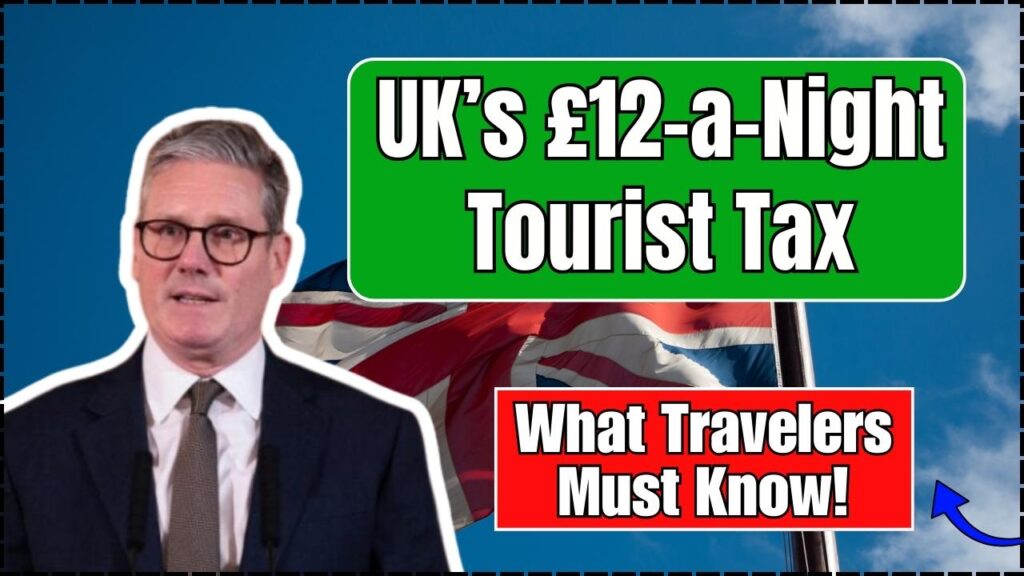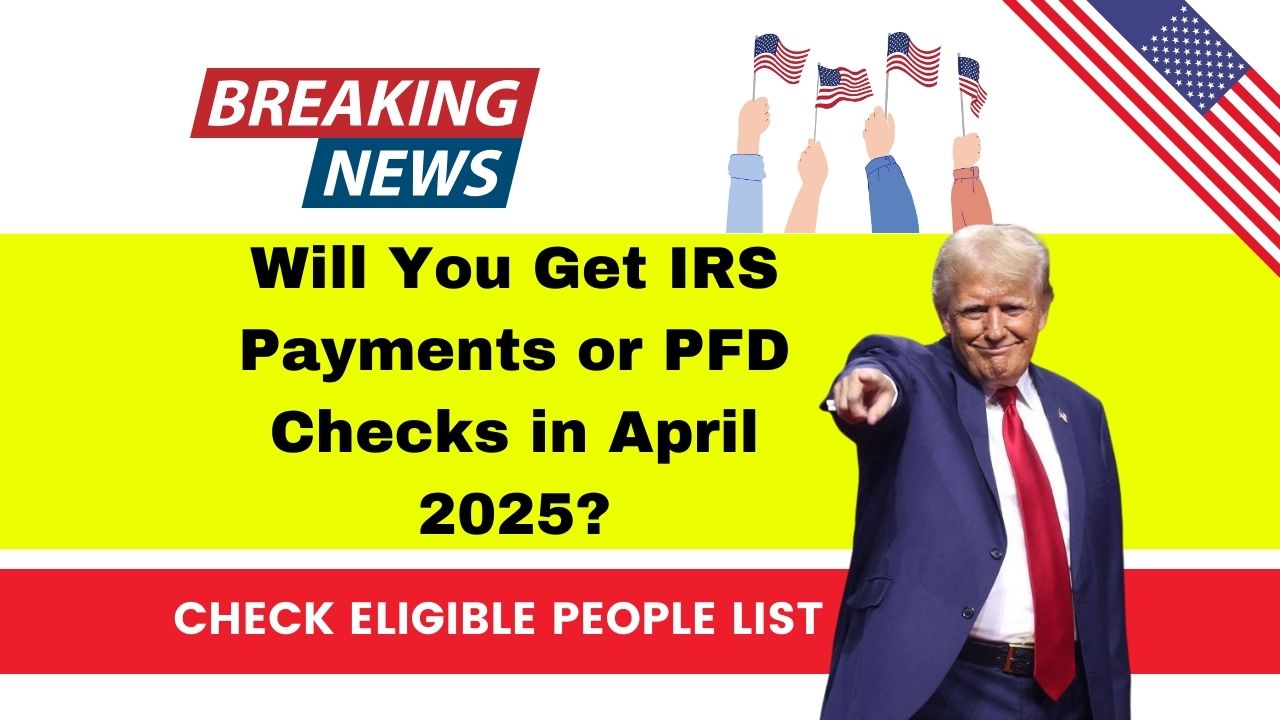
UK’s £12-a-Night Tourist Tax: If you’re planning a trip to the United Kingdom in the near future, you’ve likely come across headlines and social media buzz about a £12-a-night tourist tax. But is it true? How will it affect travelers—especially those on a budget or planning extended stays? And why is this conversation happening now?
The short answer is: There is no nationwide £12 tourist tax in the UK—at least not yet. However, several cities have already implemented smaller local levies, and others are actively exploring the idea. With the UK government and tourism boards discussing potential nationwide models, it’s essential for travelers, business owners, and policymakers to understand the facts, context, and likely outcomes.
In this detailed guide, we break down everything you need to know about tourist taxes in the UK: current implementations, international comparisons, future potential, travel tips, FAQs, and how to plan ahead. Whether you’re a solo backpacker, a frequent flyer, or planning a family holiday, this article is your go-to resource.
UK’s £12-a-Night Tourist Tax
| Topic | Details |
|---|---|
| Rumored Tax Amount | £12 per night (not officially implemented) |
| Local Tourist Taxes in Place | £1–£2 per night in several cities |
| Cities with Levies | Manchester, Edinburgh (from 2026), Bournemouth |
| Purpose of the Tax | Fund tourism infrastructure, public services, city maintenance |
| National Tax Status | Under political discussion, not legislated nationally |
| Global Comparisons | France, Italy, Spain, Netherlands have similar or higher taxes |
| Sources for Verification | UK Parliament, The Guardian, Euronews |
The UK’s rumored £12-a-night tourist tax isn’t reality yet, but the idea isn’t completely off the table either. For now, several UK cities are testing the waters with modest visitor levies. The trend aligns with global practices and could become more widespread in coming years.
Whether you’re visiting for leisure, work, or family, it pays to stay informed and budget accordingly. These fees, while small, contribute to keeping cities clean, safe, and enjoyable—not just for you, but for future travelers as well.
What Is a Tourist Tax and Why Is It Being Discussed?
A tourist tax—also known as a visitor levy—is a charge imposed on overnight stays in hotels, hostels, or short-term rentals. These taxes are typically added per person, per night, and are used to support local infrastructure, cleaning services, public transportation, and destination marketing.
The UK is one of the few major European nations that has, until recently, avoided widespread use of this model. However, the economic strain following Brexit, the COVID-19 pandemic, and rising demand on local services has prompted several councils to revisit the idea. Local governments argue that tourists should help pay for the services they use—especially in destinations experiencing high footfall and seasonal surges.
Where Has the Tourist Tax Already Been Implemented in the UK?
Although there’s no unified national policy, several localities have acted independently. Here are three high-profile examples:
1. Manchester
Manchester became the UK’s first city to implement a tourist tax in April 2023. The £1 per room per night levy applies to most hotels in the city centre. The money funds a city improvement program aimed at keeping public spaces clean and attractive for both residents and visitors. (Visit Manchester)
2. Edinburgh
Scotland’s capital will launch a 5% visitor levy on overnight stays starting July 2026. This charge will apply to hotels, B&Bs, hostels, and even short-term lets like Airbnb. It’s expected to generate £50 million annually, supporting maintenance of the city’s historic charm while reducing strain from overtourism. (The Guardian)
3. Bournemouth, Christchurch, and Poole (BCP)
In July 2024, this popular coastal area introduced a £2 nightly tax per guest room. Funds are earmarked for beach upkeep, public safety, and destination marketing, especially during busy summer months. (Idolgu.in)
Is a £12 Tourist Tax Coming Soon Nationwide?
The £12 per night figure seems to have originated from speculative discussions and hypothetical models, not from any formal legislative proposal. UK Parliament has discussed granting more powers to local authorities, and some tourism stakeholders have floated ideas about higher-end hotel levies or seasonal surcharges.
Still, a nationwide £12 tax is unlikely in the short term. Instead, local-level implementation remains the most realistic pathway. The government has shown interest in aligning with global standards but also faces resistance from hospitality trade associations, who argue that additional fees could deter tourists.
Why Are Cities and Towns Pushing for Tourist Taxes?
Several reasons drive the conversation:
- Tourism Infrastructure Funding: Heavy visitor traffic leads to wear and tear on public amenities, roads, and transportation networks.
- Environmental Impact Mitigation: Popular rural and coastal areas face environmental pressures, and taxes could help fund preservation efforts.
- Revenue Diversification: Post-Brexit and post-pandemic, councils seek diversified income streams beyond property and business rates.
- Global Alignment: Many cities around the world—Paris, Rome, Amsterdam—already charge nightly tourist taxes without scaring off travelers.
International Comparisons: What Other Countries Are Doing
Here’s how the UK’s approach compares to established practices around the globe:
| Country | Tax Rate | Typical Use |
|---|---|---|
| France | €0.20 to €4.20 per person per night | Maintenance of city services, tourism boards |
| Italy (Rome) | Up to €7 per night | Heritage preservation, tourism infrastructure |
| Spain (Barcelona) | €1–€3.50 per night | Sustainable tourism, public spaces |
| Netherlands (Amsterdam) | 7% of room rate + €3 per night | Environmental programs, transit |
| Austria (Vienna) | 3.2% of accommodation cost | Local tourism services and festivals |
Given these norms, the UK could introduce scaled levies based on city size, accommodation type, or season.
Potential Impact on Travelers
A tourist tax—especially if standardized nationally—could affect different types of travelers in various ways:
- Families on Extended Stays: An added £2–£5 per night can add up over a week or more.
- Solo and Budget Travelers: Hostel guests and student travelers may feel the pinch more than luxury tourists.
- Business Travelers: May not notice the fee if costs are absorbed by their employer.
- Luxury Travelers: A £10 or £12 tax may be negligible compared to high-end room rates.
Tip: When booking accommodation, always check the final price, including taxes and service fees. Some platforms like Booking.com and Airbnb now display this upfront.
How Travelers Can Prepare
If you’re planning a UK visit, here are five easy steps to stay informed and avoid surprises:
- Check the Local Government Website: Visit city council websites for recent announcements on local tourism levies.
- Ask During Booking: Confirm with your hotel, Airbnb host, or travel agent whether a tourist tax applies and how it’s collected.
- Use Budgeting Tools: Apps like Trail Wallet or TravelSpend can help account for unexpected nightly charges.
- Stay Informed Through News Outlets: Reputable sources like BBC Travel, The Guardian, and Euronews provide updates on tourism policy.
- Join Traveler Forums: Communities on Reddit, TripAdvisor, and Lonely Planet often offer up-to-date insights from fellow tourists.
FAQs On UK’s £12-a-Night Tourist Tax
Is the £12 tourist tax real?
No. There is no official nationwide £12-a-night tourist tax. It’s a speculative figure without legislation to support it—yet.
Where do I have to pay a tourist tax in the UK?
Currently, Manchester, Bournemouth, and Edinburgh (from 2026) have confirmed or implemented local visitor levies.
Will it apply to Airbnb and other rentals?
Yes. In Edinburgh and likely other future rollouts, the tax applies to all overnight stays, including short-term rentals.
Can I opt out?
No. If a local tax is legally enforced, it is mandatory and will either be included in your bill or collected at check-in or checkout.
Will tourist taxes rise in the future?
Possibly. As more cities evaluate their tourism funding, the rate and scope of visitor levies may increase.









